AJC Deja News: Nabisco ‘Bakery of Tomorrow’ set to close after 80-year run


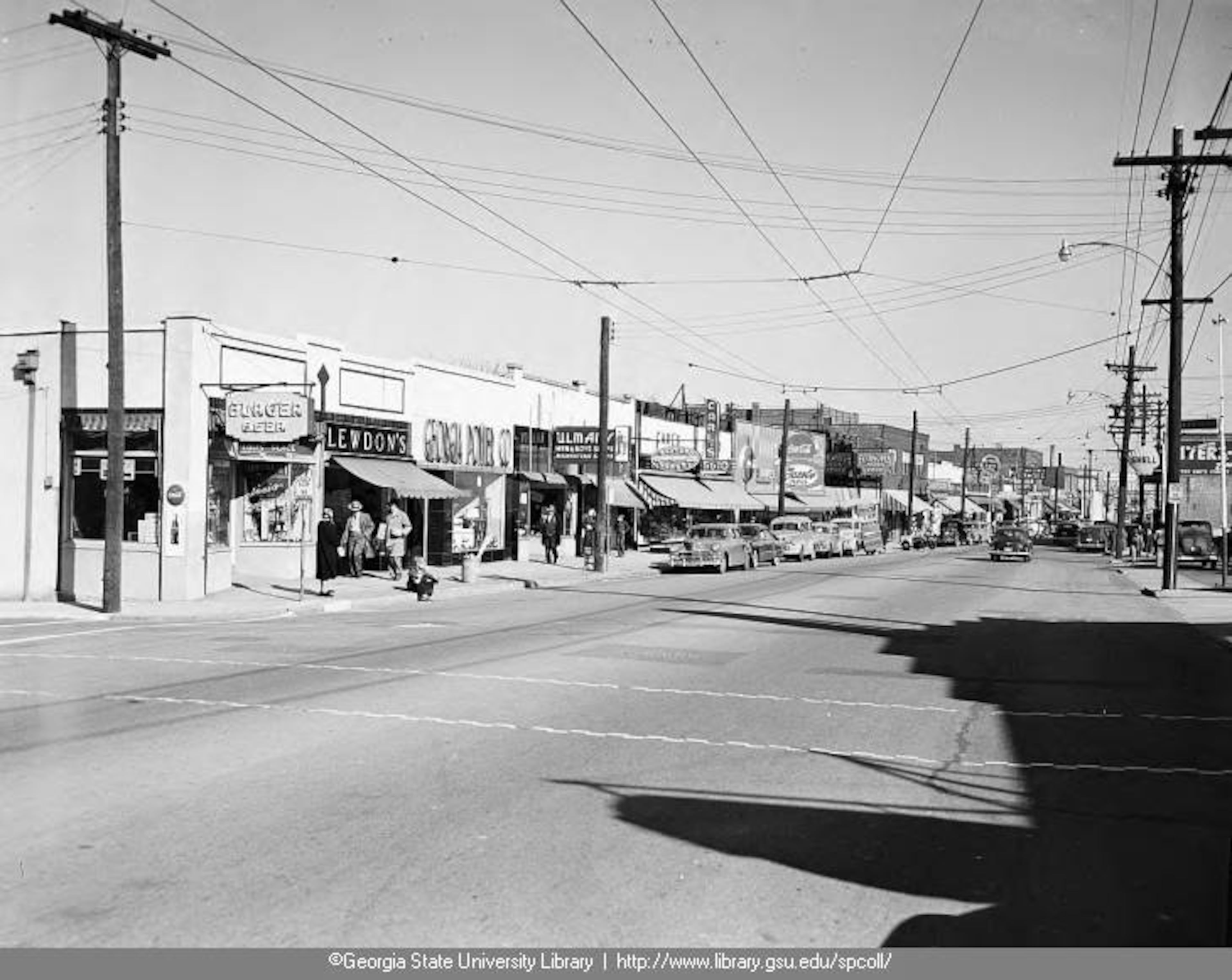






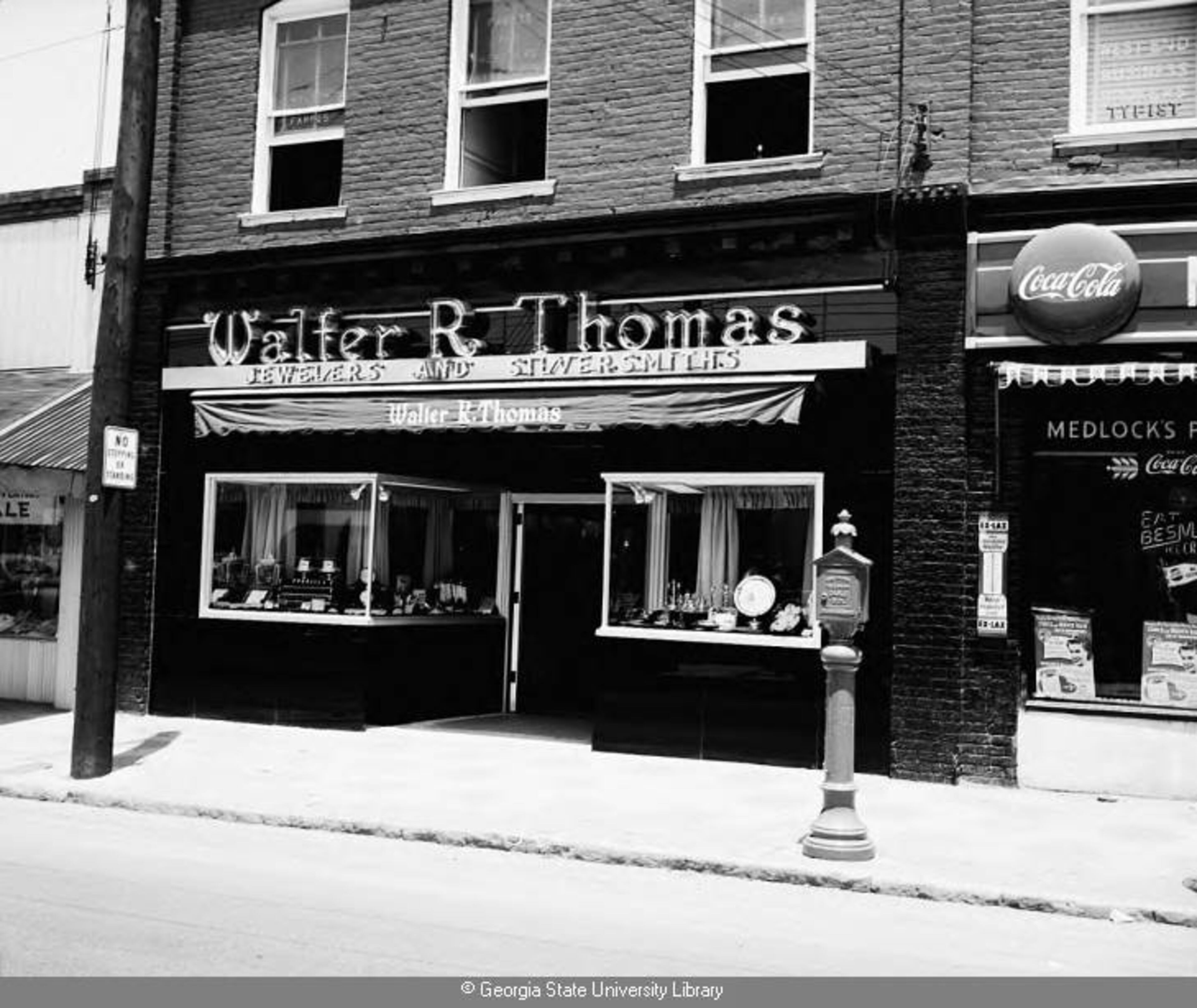
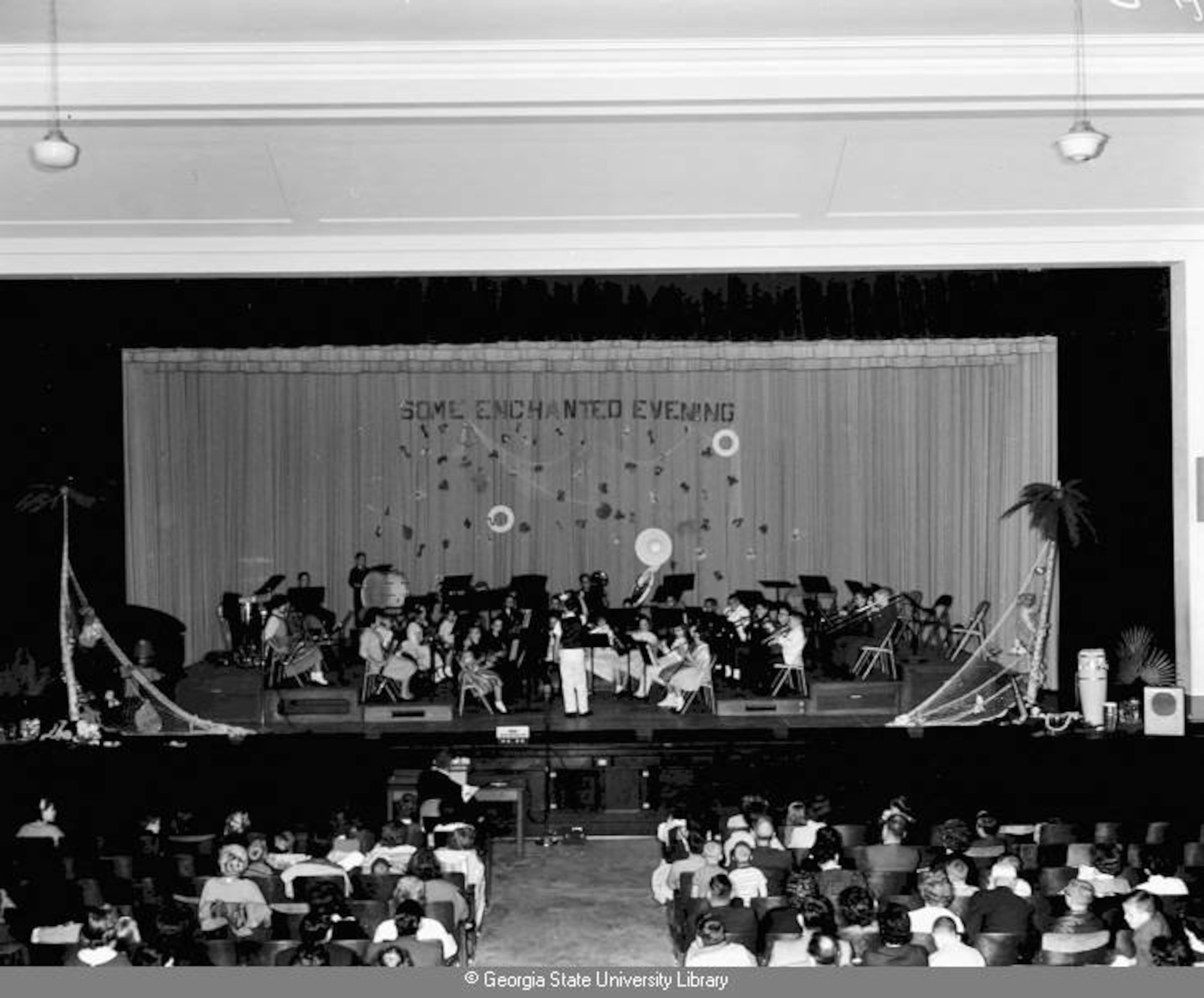

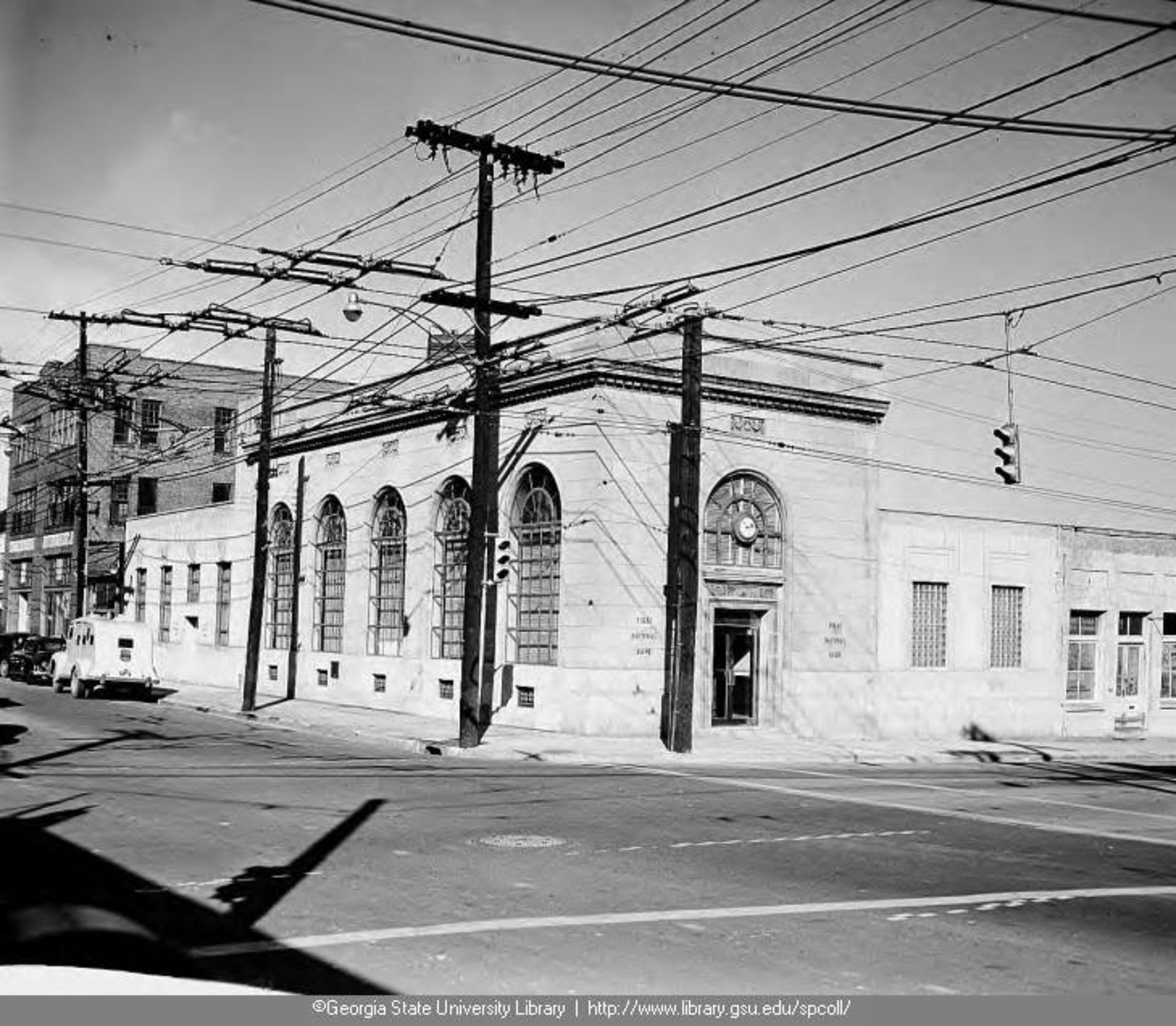
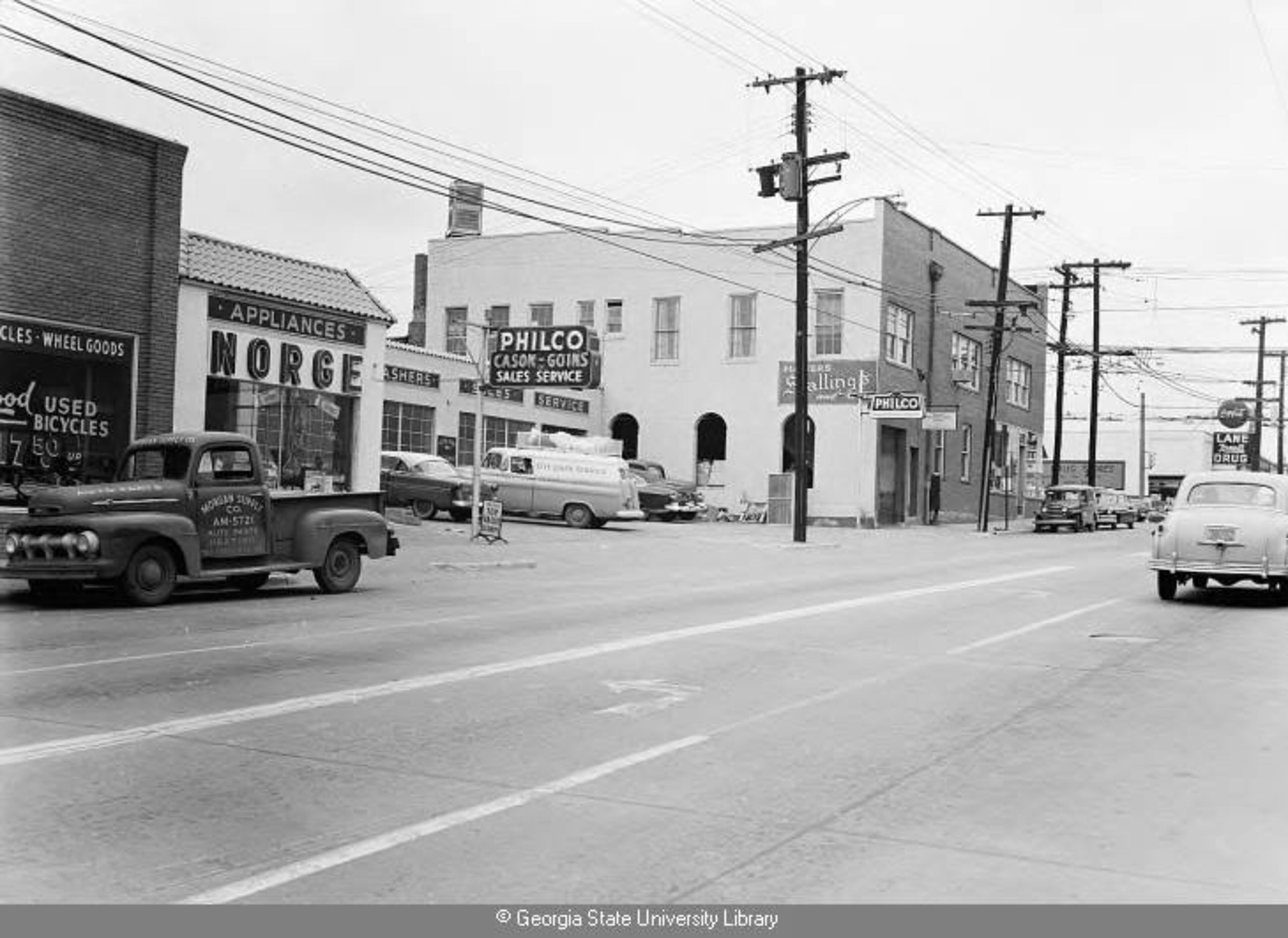






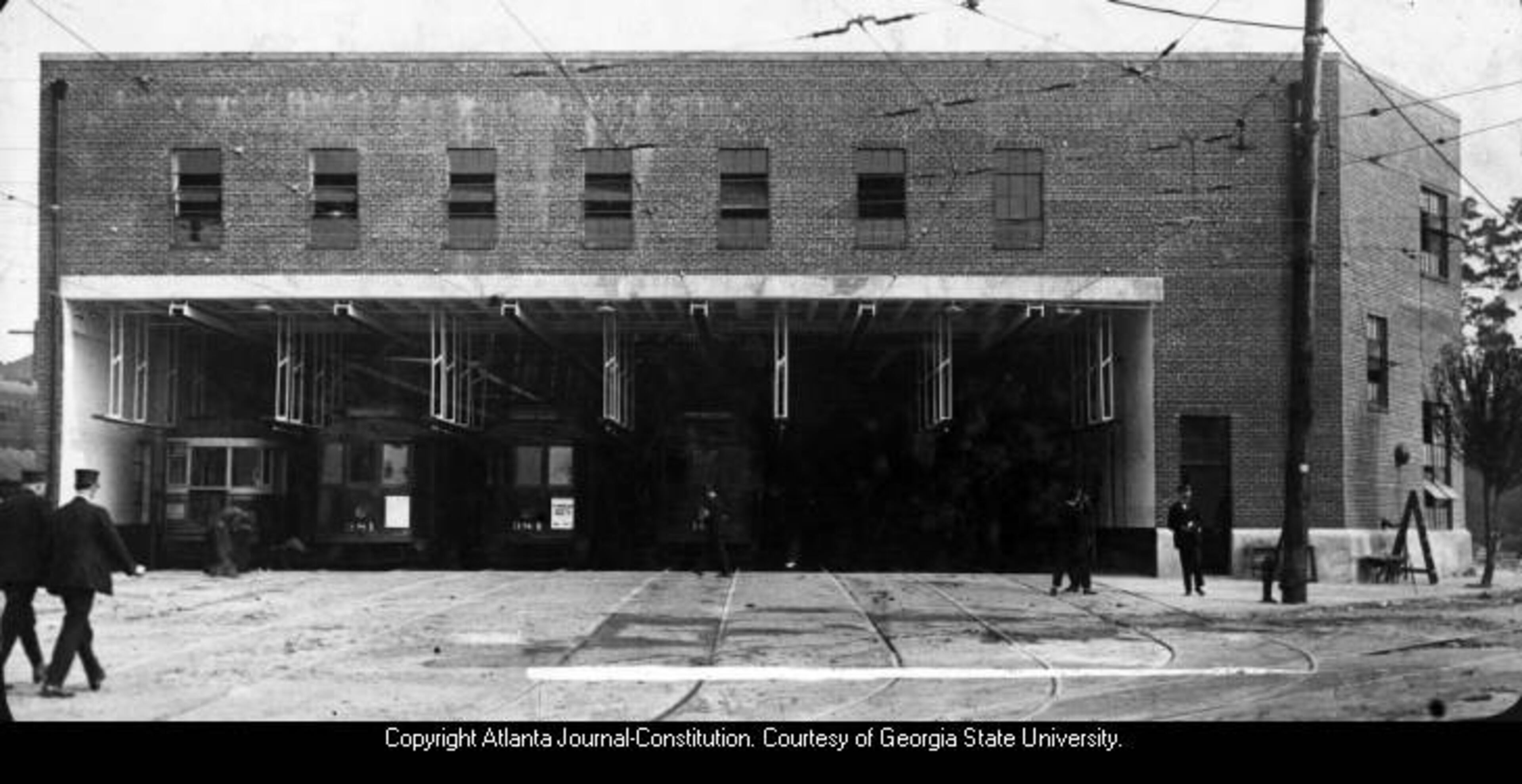
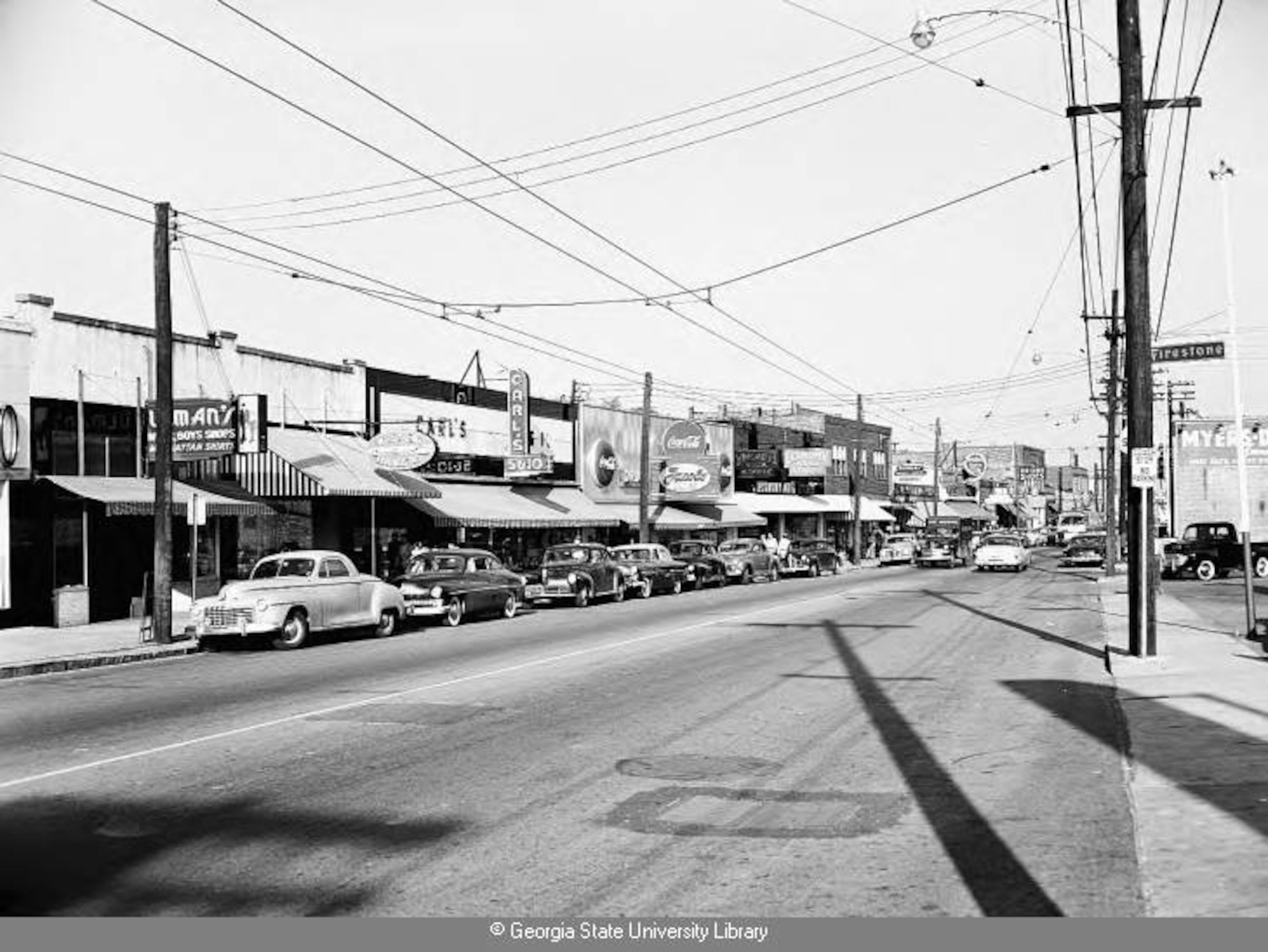



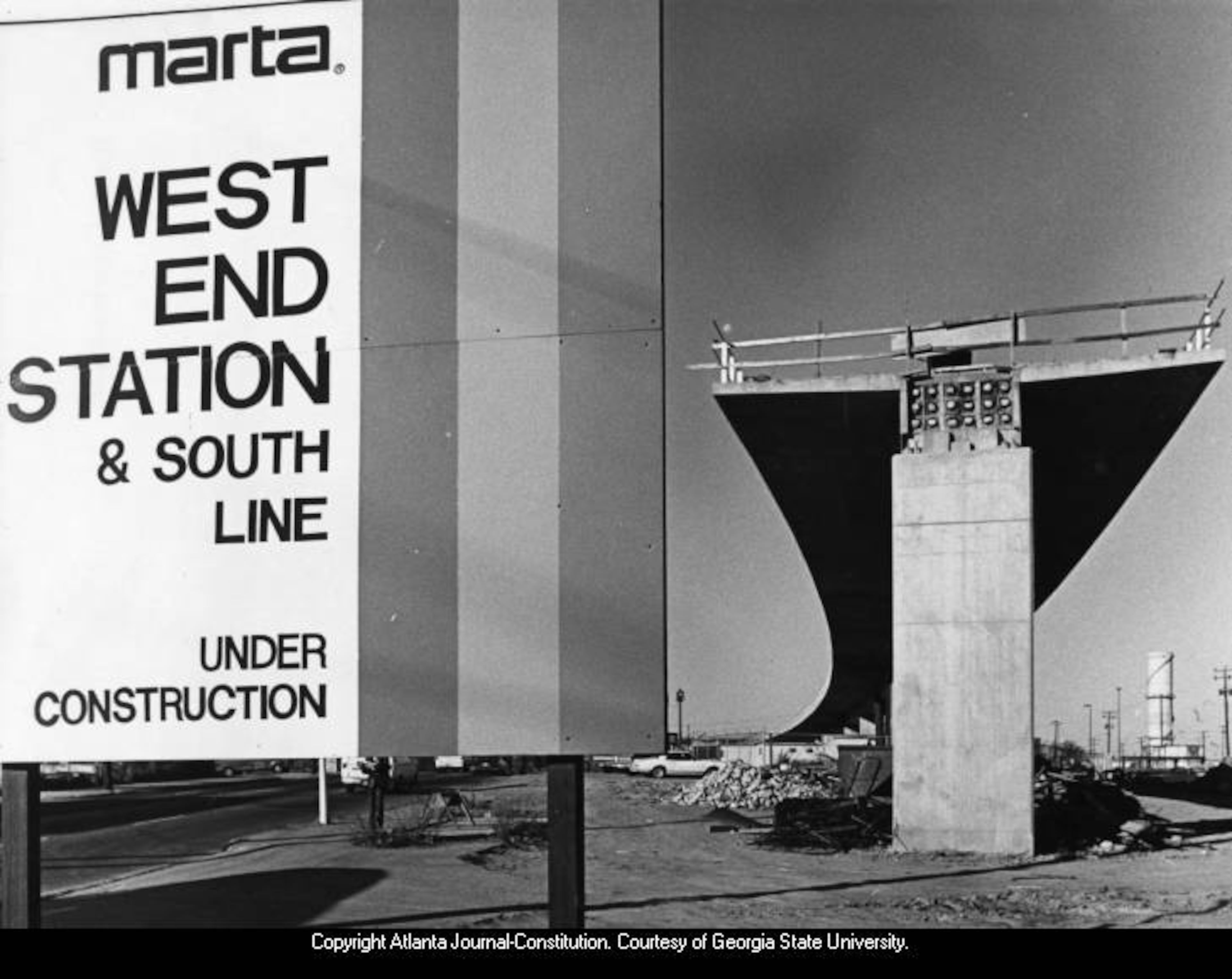

Coding is in, cookies are out. So says corporate America where Atlanta is concerned.
Microsoft’s February announcement that the company plans to turn Atlanta into one of its major hubs is reminiscent of what the National Biscuit Company said over 80 years ago when it built its first ‘Bakery of Tomorrow’ here. But February also brought the news that Mondelez International will close the southwest Atlanta facility located at 1400 Murphy Avenue this summer, eliminating 400 jobs. A plant in Fair Lawn, N.J., will also be shuttered, resulting in another 600 jobs lost. National Biscuit, which now operates as Nabisco, is a subsidiary of Illinois-based Mondelez.
“Both Fair Lawn and Atlanta are no longer strategic assets from a geographic footprint perspective,” a company press release issued Feb. 4 states, “and both face significant operational challenges, including aging infrastructure and outdated production capabilities, which would have required significant investment to bring them to the modernized state required for the future.”
Glen Walter, Mondelez International Executive Vice President and President, North America, said closing the New Jersey and Atlanta plants was “not an easy decision to make,” but highlighted the company’s strategy of focusing “on sites that are best positioned to meet our future needs.”
Mondelez says production will shift to other company owned-and-operated U.S. bakeries. Under its Nabisco brand, Mondelez manufactures such well-known products as Oreo, Fig Newtons and Chips Ahoy cookies, Ritz and Triscuit crackers and Wheat Thins.
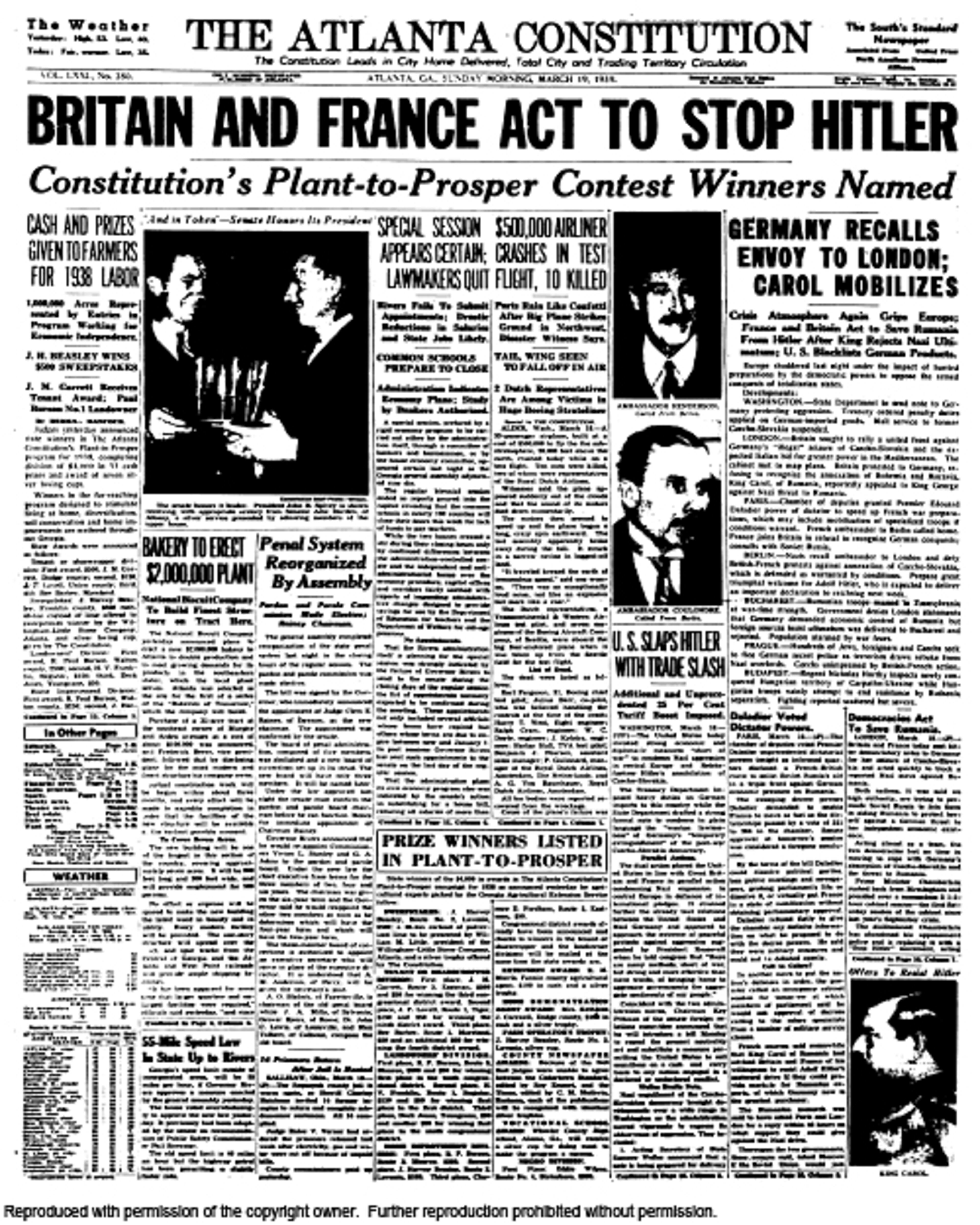
>> MORE DEJA NEWS: Check out what we’ve covered before (and again)
In March 1939, when National Biscuit originally bought the 35-acre site in Atlanta’s Oakland City area for its new bakery, all company talk was of the coming plant’s innovative technology.
“The National Biscuit Company announced plans to erect a new $2,000,000 bakery in Atlanta to double production and to meet growing demands for its products in the southeastern states, which the local plant serves,” the Constitution reported. “Atlanta was selected as the site for the first of a series of the ‘Bakeries of Tomorrow’ which the company will build.”
“No expense (would be) spared,” the article continued, with regard to the plant’s equipment or aesthetics.
“The new building will feature straight-line production and the long band-type of oven, which represent the latest development in the baking industry,” National Biscuit officials told the paper, adding that when completed the Murphy Avenue plant’s output would be double that of its existing downtown facility, in operation since 1927. And architect Lewis Wirsching told the Constitution the future Atlanta unit would “be more architecturally attractive than any of the 32 bakeries operated by the company.”

>> FLASHBACK PHOTOS: West End and Oakland City, Pt. 2
The Mondelez closure ends a long chapter in the city’s business history, but the plans put forth by Microsoft begin another.
Ivan Allen Sr., chairman of the Industrial bureau of the Chamber of Commerce in 1939, foresaw the days when Atlanta would be a national powerhouse in attracting new industry.
“We are delighted to have this substantial evidence that Atlanta is recognized as the headquarters city of the southeast,” Allen said of the National Biscuit Company’s grand plans for its first Bakery of Tomorrow, “and that we will now be in an even better position to serve this great and growing southeastern territory, which has the brightest future of any other section of the country.”
READ THE MONDELEZ INTERNATIONAL STATEMENT
SEE THE ORIGINAL 1939 STORY
ABOUT DEJA NEWS
In this series, we scour the AJC archives for the most interesting news from days gone by, show you the original front page and update the story.
If you have a story you’d like researched and featured in AJC Deja News, send an email with as much information as you know. Email: malbright@ajc.com. Use the subject line “AJC Deja News.”


